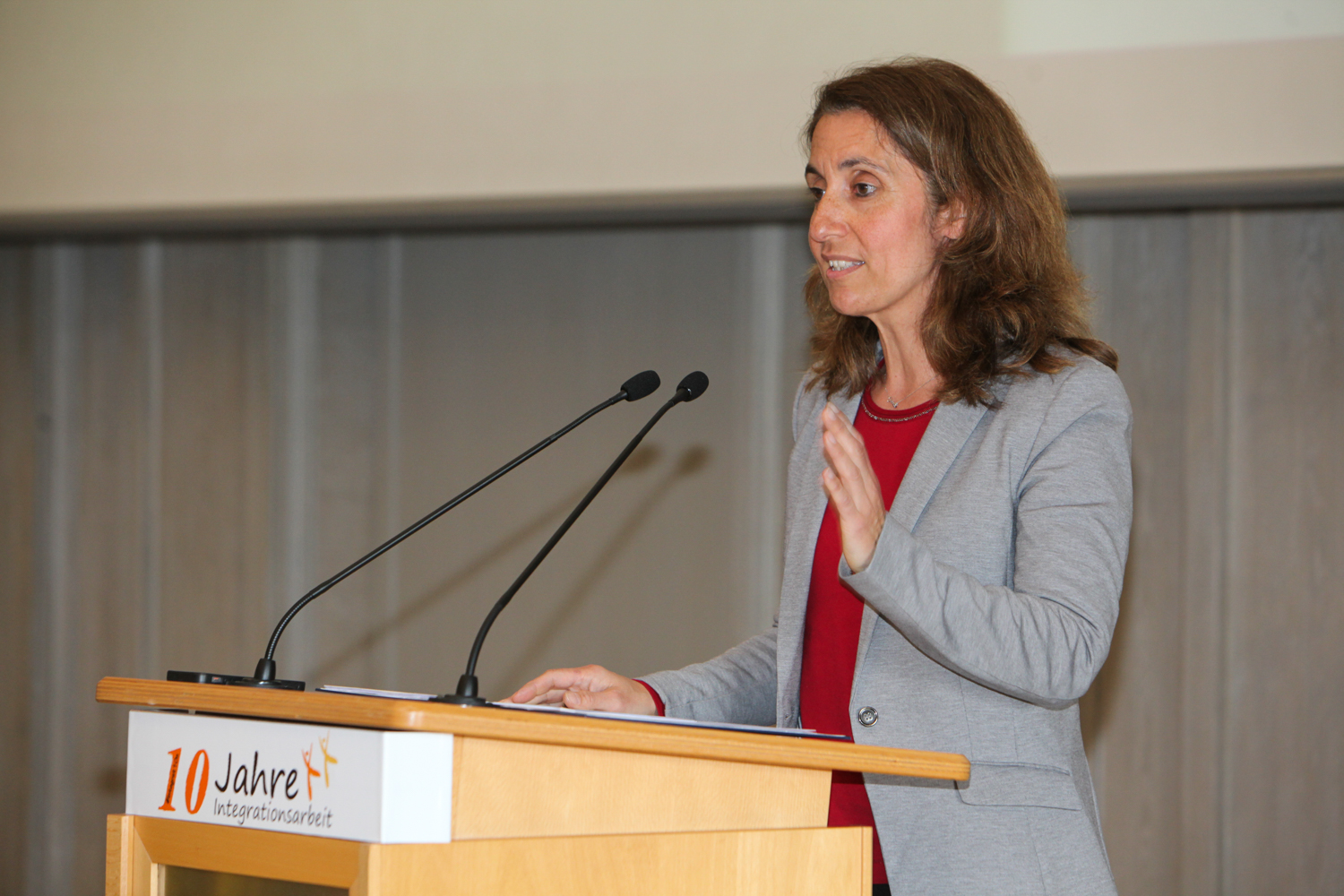The role for mosques after recent attacks
The German government’s Commissioner for Migration, Aydan Özoğuz (SPD), has called on the country’s mosques to be more proactive in preventing radicalisation among young Muslims. Mosques could make an important contribution to signalling the presence of extremist, or so Özoğuz argued.1
Her intervention comes after Germany has been shaken by two ISIS-linked attacks – the first ones on its territory – in late July: first, a 17-year old Afghan refugee injured several people by assaulting them on a train with a knife and an axe; subsequently, a Syrian man killed himself without injuring others in a suicide-style attack outside a music festival. In both cases, video material and pledges of allegiance were released by the Islamic State’s Amaq news agency.
The political debate surrounding DITIB and its mosques
Even prior to these attacks, however, the political debate surrounding German mosques and their position in de-radicalisation efforts had become more and more heated. For decades, national politicians and local authorities had been happy to delegate responsibility for the religious needs of the large and predominantly Turkish Muslim population to DITIB, an offshoot of the Turkish Presidency for Religious Affairs (Diyanet).
With recent diplomatic and political woes between Germany and Turkey on the rise, however, the old reliance on DITIB now appears problematic, with DITIB seen as a potential Trojan horse under the command of President Erdoğan. Numerous German politicians have voiced fears that the Turkish government could use DITIB’s close to 1000 imams to advance its own agenda and thereby influence Turkish-German Muslims, inducing them not only to favour Erdoğan’s authoritarian policies but also what his increasingly conservative stance on religious matters.
Leading Green Party politician Cem Özdemir, for instance, has lauded the social and welfare activism of individual members of DITIB mosques but denounced DITIB and its Imams as “a prolonged arm of the Turkish state”. The Social Democratic mayor the Neukölln district in Berlin, an area often in the spotlight in public debates on issues of integration has voiced her unease about “foreign-directed mosque associations” and criticised Imams who “are not formed according to the German understanding of fundamental values and have not grown up here”.2
Unresolved questions about the institutional position of Islam
These issues touch upon a raw nerve in ongoing debates about the institutionalisation of Islam in the German constitutional-legal framework. While the German Basic Law allows religious communities to exercise wide ranging prerogatives (including the right to oversee religious instruction in state schools, as well as the right to control the training of religious practitioners), in the case of the Muslim communities in the country, this institutionalisation process has been dogged by numerous political and procedural difficulties. Consequently, the (Sunni) Muslim religious infrastructure in the country is still comparatively weak, in spite of the progress of recent years.
Yet in the current political and security climate, a growing number of demands is placed on this underdeveloped infrastructure: Muslim associations are asked to develop a ‘liberal Islam’ or a ‘state Islam’, compatible with the Basic Law and German values.3 They are, in Özoğuz’s words, tasked with detecting and combating radicalisation. And they are, ultimately, supposed to become fora in which a positive, meaningful and theologically sophisticated Muslim spirituality is elaborated and allowed to grow.4
Vicious cycle of mistrust and underdevelopment
These abstract exhortations do not, however, necessarily translate into real progress. To be sure, at the local level, especially where conditions are favourable and financing available, there are many initiatives that bring together administrations, civil society broadly conceived, and Muslim communities.
However, at the national level and in larger political discourse, no viable path forward has been offered: On the one hand, large Muslim associations and their mosques have been treated with ongoing suspicion and thus remained shut out of existing political, fiscal, and legal frameworks. On the other hand, the fact that that they remain outside of these frameworks reinforces their ‘otherness’, which justifies their continued marginalisation: Because they are not ‘insiders’ of the German scene, they continue to depend e.g. on foreign financing (for instance from the Turkish state).
Thus, mistrust invites marginalisation, and marginalisation invites mistrust. If Aydan Özoğuz’s demand that mosques and Muslim communities play a greater role in the prevention of radicalisation is to be taken seriously, then this vicious cycle needs to be broken. Calling upon mosques and communities to develop answers to pressing questions is right and important, yet they must also be structurally enabled to deliver these answers.
Sources
https://www.tagesschau.de/inland/oezuguz-moscheevereine-101.html ↩
http://www.sueddeutsche.de/politik/islam-in-deutschland-predigen-aus-der-tuerkei-entsandte-imame-1.2963893 ↩
https://www.euro-islam.info/2016/03/01/a-peoples-islam-volksislam-as-an-enrichment-breaking-linguistic-taboos-in-the-german-political-debate/ ↩
http://dtj-online.de/islam-versus-dschihadismus-wir-machen-propaganda-fuer-den-is-77574 ↩






